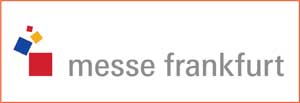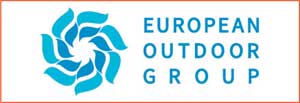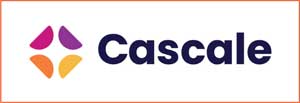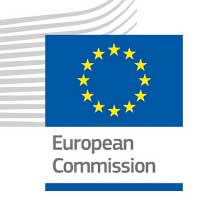 Best Available Techniques (BAT) Reference Document for the Tanning of Hides and Skins
Best Available Techniques (BAT) Reference Document for the Tanning of Hides and Skins
Best Available Techniques (BAT) Reference Document for the Tanning of Hides and Skins provides a review of the Best Available Technology in the Tanning Industry across...
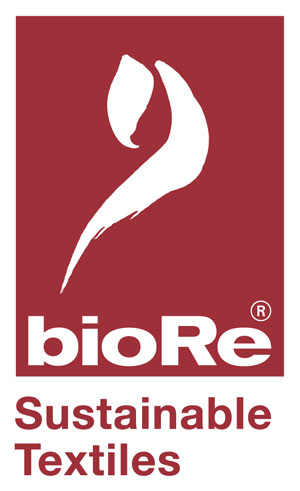 bioRe
bioRe
Updated in 2019, the bioRe label is operated by Swiss-based Remei Foundation, which defines the standards for bioRe Sustainable Cotton and subsequent bioRe Sustainable...
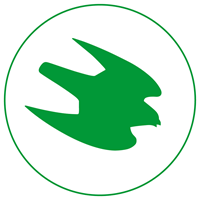 Bra Miljöval
Bra Miljöval
The Bra Miljöval standard was developed by the Swedish Society for Nature Conservation (SSNC) and translates as ‘Good Environmental Choice’ in English. It is...
 BREF IPPC
BREF IPPC
The reference documents on best available techniques (BREF) are a series of documents that reflect an information exchange in the European Union carried out according to...
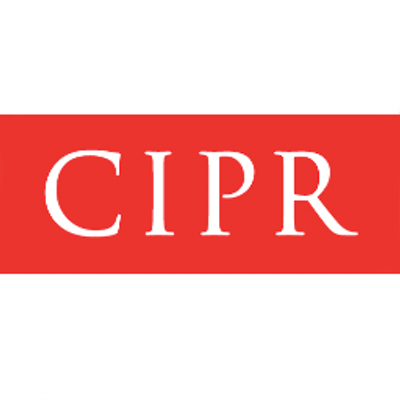 CIPR Guidelines for Environmental Sustainability
CIPR Guidelines for Environmental Sustainability
The Guidelines for Environmental Sustainability Communications, from the UK-based Chartered Institute of Public Relations (CIPR) are voluntary guidelines developed for...
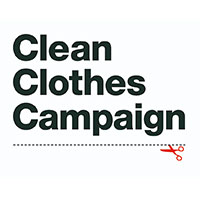 Clean Clothes Campaign
Clean Clothes Campaign
Established in 1989, Clean Clothes Campaign is a global network dedicated to improving working conditions and empowering workers in the global garment and sportswear industries.
 Council Directive 98/58/EC
Council Directive 98/58/EC
Council Directive 98/58/EC of July 1998 concerns the protection of animals kept for farming purposes and applies to the European region.
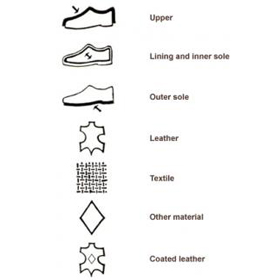 Directive 94/11/EC - Labelling applying to materials used in footwear
Directive 94/11/EC - Labelling applying to materials used in footwear
Directive 94/11/EC is a legal act of the European Union concerning the labelling of materials used in footwear, including parts sold separately. The European Union has...
 Directive on common rules promoting the repair of goods
Directive on common rules promoting the repair of goods
Directive (EU) 2024/1799, adopted on June 12, 2024, aims to promote the repair of consumer goods to enhance sustainability and reduce waste by establishing common rules...
 Directive on empowering consumers for the green transition
Directive on empowering consumers for the green transition
The Directive on Empowering Consumers for the Green Transition, adopted on 20th February, 2024, is an upgrade to previous EU directives (2005/29/EC and 2011/83/EU), to...
 EU 1007/2011
EU 1007/2011
Introduced at the end of 2011, this EU regulation has brought together three previous regulations – directives covering ternary fibre mixtures (73/44/EEC), binary...
 EU Chemicals Strategy for Sustainability
EU Chemicals Strategy for Sustainability
This strategy was launched in October 2020 as part of the zero-pollution ambition – a key commitment of the European Green Deal.
 EU Circular Economy Action Plan
EU Circular Economy Action Plan
Adopted by the European Commission in March 2020, the Circular Economy Action Plan (CEAP) it is one of the main building blocks of the European Green...
 EU Corporate Sustainability Due Diligence Directive
EU Corporate Sustainability Due Diligence Directive
In December 2023, European Union legislators reached a deal on the proposed Corporate Sustainability Due Diligence Directive (CSDDD) that will make companies liable for...
 EU Corporate Sustainability Reporting Directive
EU Corporate Sustainability Reporting Directive
As part of the European Green Deal, since January 5th, 2023, the Corporate Sustainability Reporting Directive (CSRD) requires large companies and those that are publicly...
 EU Deforestation Regulation
EU Deforestation Regulation
The EU Deforestation Regulation (Regulation (EU) 2023/1115) aims to reduce the impact of the European Union’s contribution to global deforestation and forest...
 EU Digital Product Passport
EU Digital Product Passport
The Digital Product Passport (DPP) is a European Union (EU) mandatory requirement to create a digital product passport to electronically register, process and share...
 EU Ecodesign for Sustainable Products Regulation
EU Ecodesign for Sustainable Products Regulation
First published in March 2022, and coming into force in July 2024, the Ecodesign for Sustainable Products Regulation (ESPR), builds on the existing Ecodesign Directive...
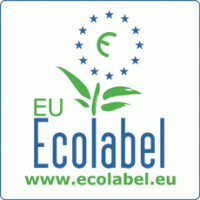 EU Ecolabel:Textiles
EU Ecolabel:Textiles
The European Ecolabel system allows the products of manufacturers, retailers or service providers to carry the distinctive ‘Flower’ label for marketing purposes...
 EU Environmental Compliance Assistance Programme (ECAP)
EU Environmental Compliance Assistance Programme (ECAP)
It is often complicated for small and medium sized businesses to completely comply with environmental legislation and have a comprehensive vision of short and long term...
 EU European Green Deal
EU European Green Deal
In December 2019 the EU presented the European Green Deal, as it strives to make Europe the first climate-neutral continent by 2050. The initiative aims to transform...
 EU Extended Producer Responsibility
EU Extended Producer Responsibility
In July 2023, the European Commission unveiled its proposals to introduce a mandatory extended producer responsibility (EPR) scheme for textiles in all member states in...
 EU Extended Producer Responsibility
EU Extended Producer Responsibility
In July 2023, the European Commission unveiled its proposals to introduce a mandatory extended producer responsibility (EPR) scheme for textiles in all member states in...
 EU Forced Labour Regulation
EU Forced Labour Regulation
The EU Forced Labour Regulation is a new law that aims to prohibit products made with forced labour from being sold in or exported from the European Union market.
 EU General Product Safety Directive
EU General Product Safety Directive
The EU General Product Safety Directive is a directive provided by the European Commission on the requirements and surveillance of non-food consumer products on the market.
 EU Green Claims Directive
EU Green Claims Directive
The European Commission published a proposal for the Green Claims Directive on March 22, 2023, in a bid to stop misleading environmental messaging on consumer goods in...
 EU Product Environmental Footprint
EU Product Environmental Footprint
The Product Environmental Footprint (PEF) is an initiative from the European Commission to help companies measure the environmental performance of any product throughout...
 EU Regulation 834/2007
EU Regulation 834/2007
This regulation was developed to regulate the organic farming sector within and beyond the European Union. The use of the term ‘organic’ with the regulation...
 EU Strategy for Sustainable and Circular Textiles
EU Strategy for Sustainable and Circular Textiles
In March 2022, the EU adopted the EU Strategy for Sustainable and Circular Textiles, which addresses the entire lifecycle of production, and consumption of textiles and...
 EU Unfair commercial practices directive
EU Unfair commercial practices directive
The objective of the EU Directive regulatory framework on unfair commercial practices is to boost consumer confidence and make it easier for businesses, especially small...
 EU Waste Framework Directive
EU Waste Framework Directive
The Waste Framework Directive sets the basic concepts and definitions related to waste management, including definitions of waste, recycling, and recovery. Preventing...
 EU-JRC End of Waste Criteria
EU-JRC End of Waste Criteria
The European Union’s Thematic Strategy on Prevention and the Recycling of Waste is a long-term strategy which aims to help Europe become a recycling society that...
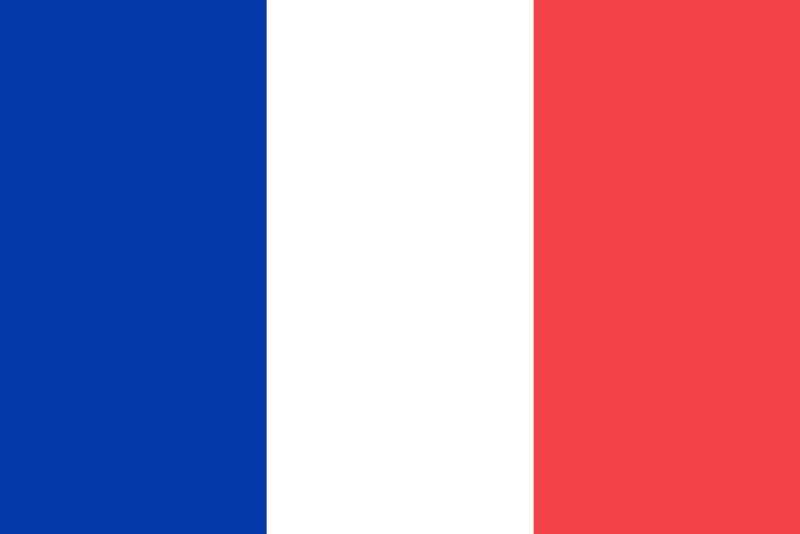 French Duty of Vigilance Law
French Duty of Vigilance Law
The Loi de Vigilance law in France was introduced in 2017 and requires large French companies to publish an annual ‘vigilance’ plan to identify environmental and...
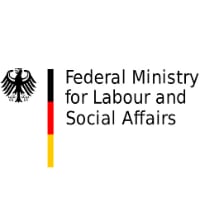 German Supply Chain Due Diligence Act
German Supply Chain Due Diligence Act
The Act on Corporate Due Diligence Obligations in Supply Chains came into force in Germany on January 1st, 2023, and requires that German enterprises to respect human...
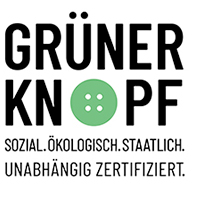 Grüner Knopf
Grüner Knopf
This standard is awarded by the German Federal Ministry for Economic Cooperation and Development (BMZ) to textile manufacturers who have passed certain social and...
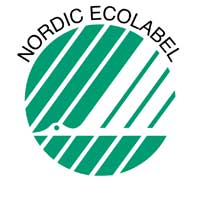 Nordic Ecolabel
Nordic Ecolabel
The non-profit Nordic ‘Swan’ Ecolabel is a voluntary license designed to help companies make and indicate products to the consumer that are more sustainable. It is...
 Product Carbon Footprint - ISO/TS 14067:2018
Product Carbon Footprint - ISO/TS 14067:2018
Previously in the Textile Standards & Legislation Guide we featured ISO/TS 14067:2013. This has now been superseded by this later version, which was revised in late 2018.
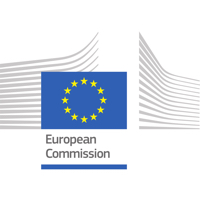 The EU Sustainable Products Initiative
The EU Sustainable Products Initiative
Essentially, this framework aims to make products placed on the EU market 'more sustainable'. It claims that consumers, the environment and the climate will benefit...


